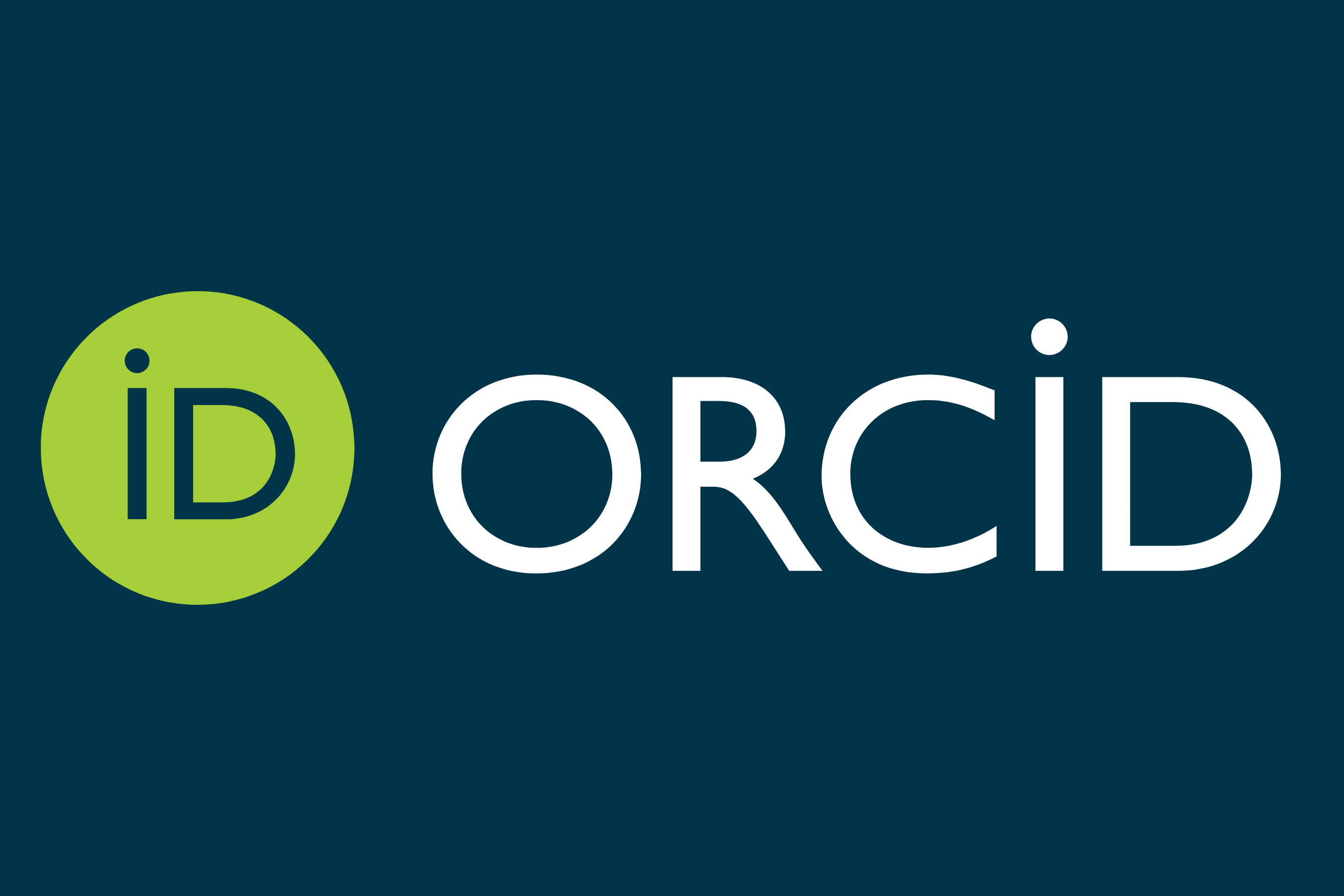Identification of the most important factors affecting the quality of building techniques compatible with the environment (traditional bricks) using the method (factor analysis) in the city of Erbil
Abstract
Environmentally friendly building techniques are a storehouse of generational
experiences and a compendium of their expertise in dealing with local
environmental materials to meet their physical and spiritual needs. These
traditional methods have been influenced by many factors that have increased
their quality and suitability for use over many centuries.
The methods of factor analysis are statistical methods to identify and analyze the
multiple variables used in the research and interpretation of correlation
coefficients of statistical significance of different variables and to reach the
common factors that describe the common relationship between these variables.The research aims to identify the most important factors affecting the success of
housing using environmentally friendly building methods (traditional bricks) in the
city of Erbil through the use of factor analysis (the main factor method).
The problem of research in the study of the most important factors affecting the
building techniques compatible with the environment (traditional brick), which was
dispensed after the entry of modern building materials.
The research adopted the method of factor analysis in the analysis and evaluation
of factors affecting environmentally friendly building techniques (traditional
bricks) and the interpretation of correlation coefficients in order to derive the
common factors that classify the relationship between these variables and
interpretation.
The researcher highlighted the environmental and economic characteristics of
building with local materials and traditional building methods, traditional bricks
and reuse them with modern engineering designs. Green and revitalizing
environmentally friendly construction techniques in Erbil.
Downloads
Published
Issue
Section
License
The journal of Administration & Economics is an open- access journal that all contents are free of charge. Articles of this journal are licensed under the terms of the Creative Commons Attribution International Public License CC-BY 4.0 (https://creativecommons.org/licenses/by/4.0/legalcode) that licensees are unrestrictly allowedto search, download, share, distribute, print, or link to the full text of the articles, crawl them for indexing and reproduce any medium of the articles provided that they give the author(s) proper credits (citation). The journal allows the author(s) to retain the copyright of their published article.
Creative Commons-Attribution (BY)









